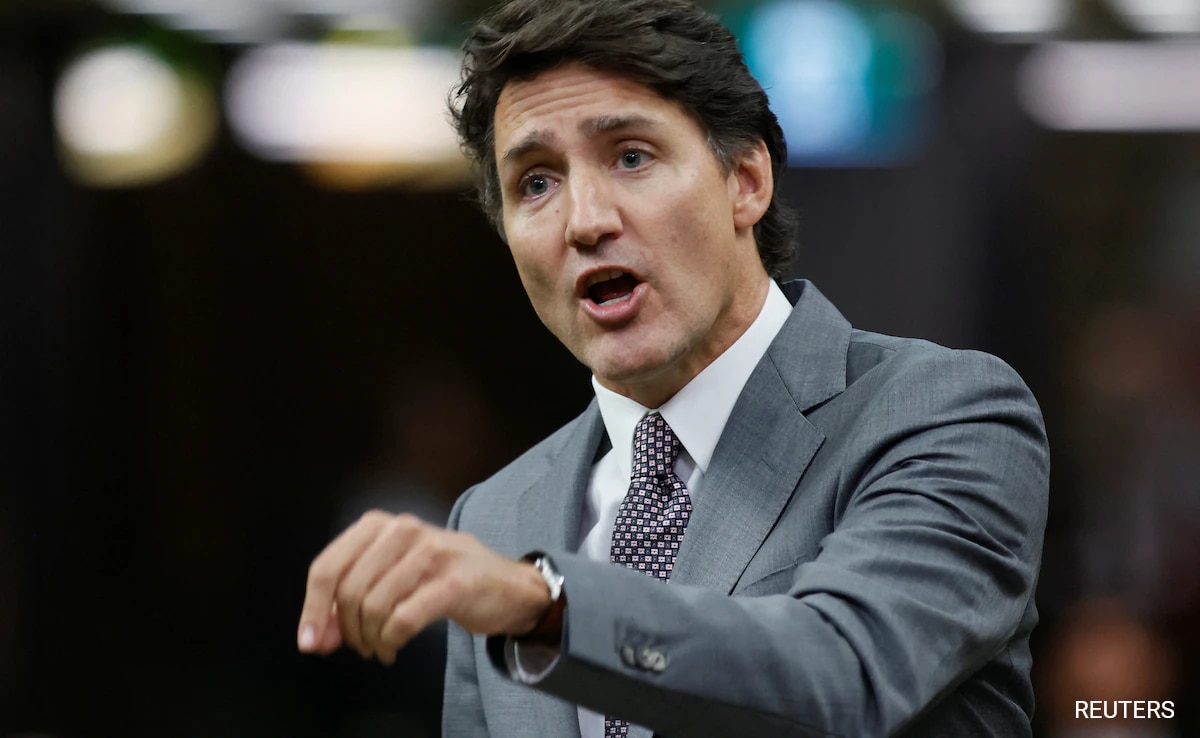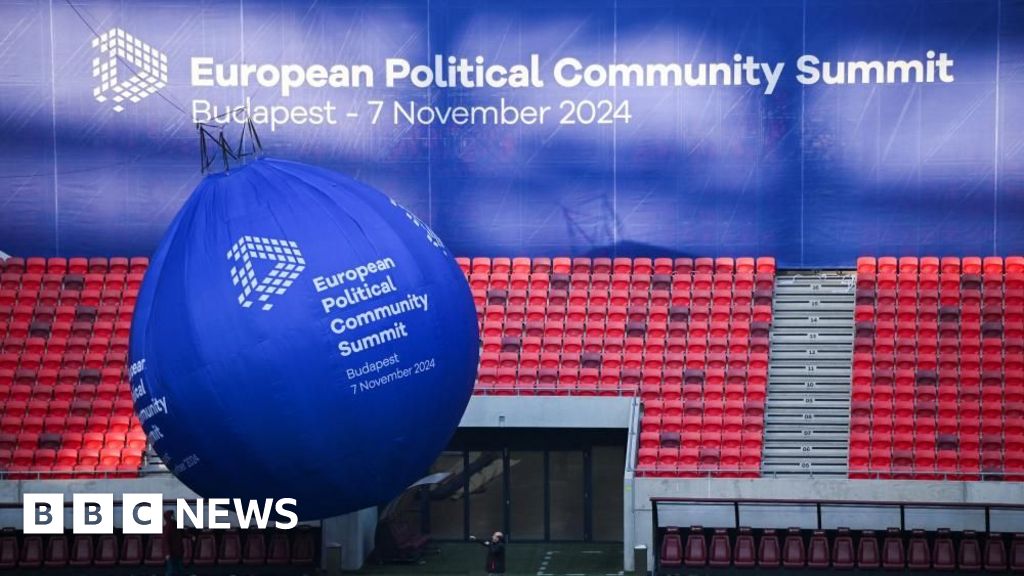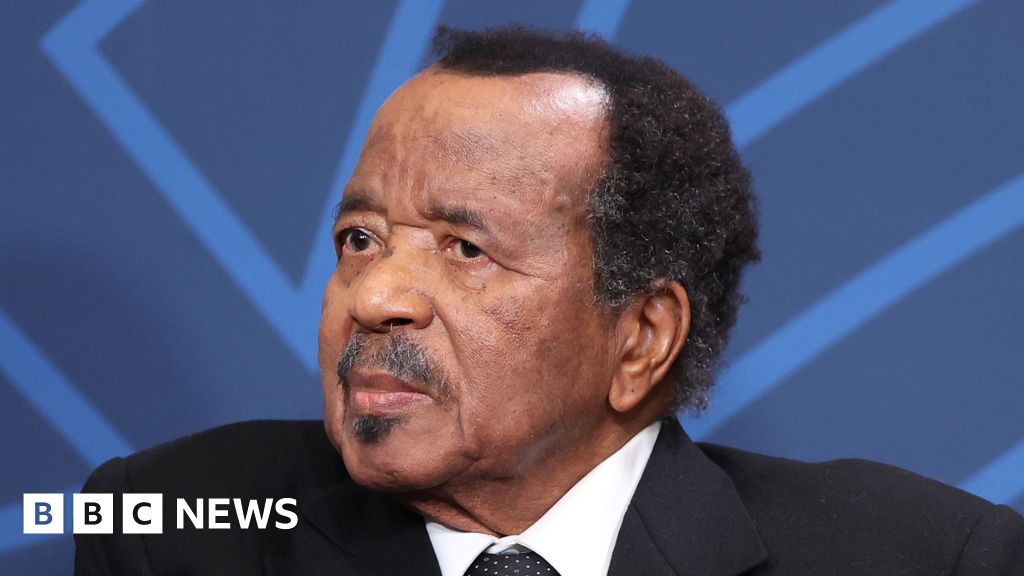
Canadas Prime Minister Justin Trudeau shows no signs of stepping down despite recent setbacks
Ottawa, Canada:
Doubts about the leadership of Canadian Prime Minister Justin Trudeau intensified after his ruling Liberal Party suffered a second humiliating loss in a special election, but the unpopular leader is determined to cling to office ahead of a looming national vote.
The Liberals, who have governed for almost nine years, suffered a narrow defeat on Monday in a Montreal constituency that had been one of the party's safest seats.
The loss, following a defeat in Toronto in late June, reinforced the perception that Liberal prospects in the next national election are dim. The mandate for Trudeau's minority government expires at the end of October 2025, but an early election has become increasingly likely after the smaller New Democratic Party dropped its support.
Even so, Trudeau showed no sign on Tuesday that he may step down before the next election campaign. And the party's mechanisms to force him out are limited.
Andrew McDougall, an assistant professor of political science at the University of Toronto, said the Liberals were losing "the crown jewels" in urban strongholds, not marginal seats, highlighting the party's bleak prospects.
"This is obviously a very difficult moment for Justin Trudeau," McDougall said. "It seems to reinforce the narrative that he's yesterday's man, and that if the Liberals are going to win the next election, they're going to have to do it with somebody else."
Although polls indicate the Liberals will lose badly to the official opposition right-of-center Conservatives in the next election amid unhappiness over inflation and a housing crisis, Trudeau and his closest aides say he is going nowhere and has time to help the party recover.
"Obviously, it would have been nicer to be able to win ... but there is more work to do and we're going to stay focused on doing it," Trudeau told reporters on Tuesday.

Justin Trudeau showed no sign on Tuesday that he may step down before the next election campaign.
His main immediate challenge is that he has lost control of the House of Commons, where the Liberals hold only a minority of seats. The left-leaning NDP signed a deal in 2022 to keep the Liberals in power but tore up the agreement this month.
The NDP increased its share of the vote in Montreal while retaining a seat in the western province of Manitoba, fending off a strong Conservative challenge.
The Liberals face a number of confidence votes by legislators in the next few months and a defeat would trigger an election, although the NDP may choose to keep the government afloat until it can buoy its own popularity.
"The Liberals gave both opposition parties a reason to believe that they can defeat Trudeau," said Darrell Bricker, CEO of polling firm Ipsos-Reid. "The potential they can trigger (an election) sooner is definitely there."
Keeping a minority government alive can be difficult and how much Trudeau can press ahead with his legislative agenda remains unclear.
The Liberals said on Monday they would focus on legislation regarding defense and citizenship.
SPECIAL CONVENTION
Unlike in the United States, where President Joe Biden stepped down as Democratic presidential candidate in favor of Vice President Kamala Harris, there is no smooth way for Trudeau to hand over power.
In Australia and the UK, prime ministers are chosen by legislators and can be quickly overthrown. Trudeau was selected by a special convention of party members and cannot be forced out if he wants to stay.
One senior Liberal said if the polls continued to look miserable, senior ministers could urge Trudeau to leave.
But the Liberal, who requested anonymity given the sensitivity of the situation, said there was no guarantee Trudeau - a stubborn man according to insiders - would listen.
Bricker said those in charge of Liberal fundraising could make the same pitch to Trudeau.
"If the money dries up, they are not in a position to fight," he said.
If Trudeau steps down, an interim leader would be chosen while the party set up another convention.
Tradition dictates a stand-in must come from the ranks of legislators, ruling out former Bank of Canada governor Mark Carney, often mentioned as a potential Trudeau replacement.
The interim leader does not run to be the permanent replacement, according to party custom. That could deter cabinet heavyweights such as Finance Minister Chrystia Freeland and Innovation Minister Francois-Philippe Champagne from seeking to replace Trudeau in the short term.
Regardless, changing leaders might not boost Liberal prospects, said Frank Graves, president of the Ekos polling firm.
"The difficulties Mr. Trudeau and the Liberals are experiencing are pretty similar to those progressive incumbents are experiencing in other advanced western democracies," he said by email, citing rising populism and economic uncertainty.
(Except for the headline, this story has not been edited by NDTV staff and is published from a syndicated feed.)

 1 month ago
12
1 month ago
12










 English (US) ·
English (US) ·